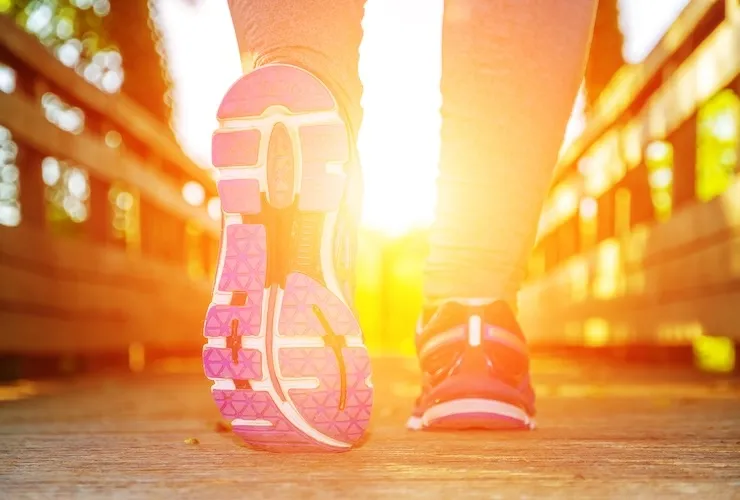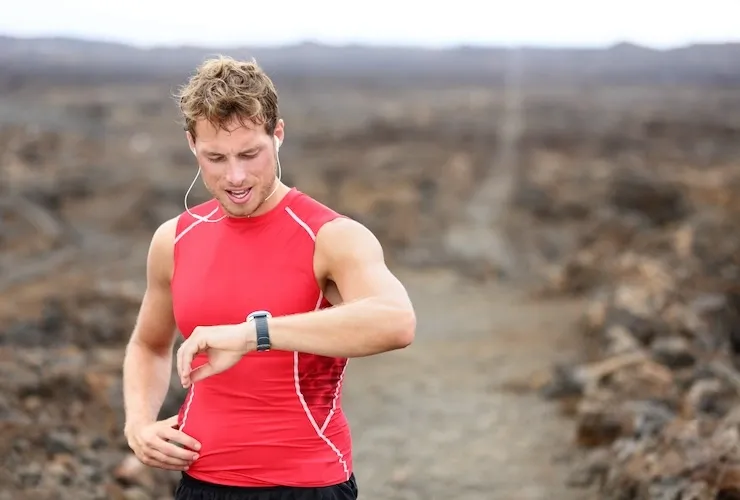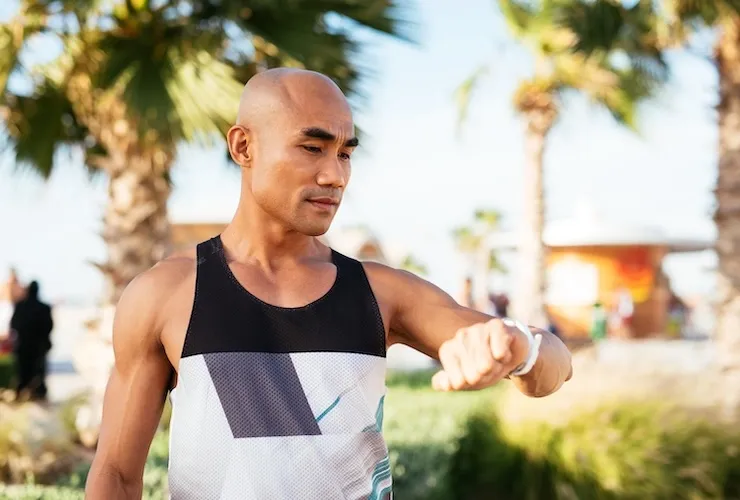Are you curious about how long it takes to walk 1.5 miles? This is a common question for many people trying to stay active and reach their fitness goals. Walking is a simple and low-impact exercise with many health benefits, but understanding the time it takes can help you plan your exercise routine more effectively. In this article, we will explore the factors that can affect the time it takes to walk 1.5 miles and give tips for improving your walking pace. Keep reading to find out more!
Key Takeaways:
- On average, it takes around 20-30 minutes to walk 1.5 miles at a comfortable pace. However, terrain, elevation, and weather conditions can affect walking time.
- Walking speed plays a significant role in determining the time it takes to walk 1.5 miles. A person's fitness level, mental health, and blood pressure also impact their walking speed.
- Terrain, elevation, and weather conditions can affect walking speed and, ultimately, the time it takes to walk 1.5 miles. Additionally, a person's fitness level, including weight and daily physical activity, also plays a role.
How Long Does It Take To Walk 1.5 Miles?
When estimating the walking time for 1.5 miles, there are several factors to consider:
- Walking speed: At a brisk pace of 4 mph, it typically takes around 22-23 minutes to cover 1.5 miles.
- Activity level: For a daily 1.5-mile walk, it is recommended to maintain a comfortable pace to achieve broader fitness goals.
- Health benefits: Regular brisk walks have been shown to aid in weight loss, blood sugar control, and overall aerobic fitness, making it suitable for all ages and fitness levels.
Factors That Affect Walking Time
The time it takes to walk 1.5 miles can vary greatly depending on several different factors. Let's discuss the factors that can affect how long it takes to walk this distance. From walking speed and terrain to weather conditions and individual fitness level, each factor significantly determines the time it takes to complete a 1.5-mile walk. By understanding these factors, you can better estimate and plan for your walking time and set realistic goals.
#1 Walking Speed
- Calculate average walking pace: Walking 1.5 miles at a pace of 4 miles per hour takes approximately 22 minutes.
- Consider fitness levels: Individuals with higher fitness levels may walk faster, while beginners or those with lower fitness levels may take longer.
- Understand mental health benefits: Walking at an average pace can improve mental health by reducing stress and anxiety.
- Monitor blood pressure: Regular brisk walking at an average pace can help lower Blood Pressure.
#2 Terrain and Elevation
Terrain and elevation significantly impact walking time. A flat terrain enables a shorter person to cover 1.5 miles faster than a taller person. Uphill routes require more effort, increasing time. The individual's activity level and physical fitness also influence walking time. For weight loss, challenging terrains and elevation can boost calorie burn during the activity.
Fact: Walking uphill for 1.5 miles can burn up to 255 calories for a person weighing 160 pounds.
#3 Weather Conditions
When considering weather conditions for walking, factors like temperature, wind, and precipitation should be considered. Extreme heat or cold can impact cardiovascular function and increase the risk of chronic diseases. Walking in challenging weather conditions can also boost calorie deficit and enhance cognitive function.
Historical records reveal that weather conditions significantly influenced the outcome of significant battles and expeditions, shaping the course of history.
#4 Individual Fitness Level
- Slower Pace: Individuals with lower fitness levels may walk slower, taking longer to cover the 1.5 miles.
- Minutes Per Mile: Calculate the time using average walking speed, typically around 12-20 minutes per mile for an intermediate fitness level.
- Healthy Diet: Maintain a balanced diet to support physical activity and enhance fitness levels.
- Daily Routine: Integrate walking into daily routines to improve fitness gradually.
- Speed Walking: Incorporate speed walking intervals to boost cardiovascular endurance and overall fitness.
What is the average time it takes to walk 1.5 miles?
On average, it takes between 22:30 and 30 minutes to walk 1.5 miles, depending on various factors such as age, gender, fitness level, and terrain.
What is the average walking speed for 1.5 miles?
The average walking speed for 1.5 miles is between 3 and 4 miles per hour or 12:00 to 20:00 minutes per mile.
Is walking 1.5 miles a good form of exercise?
Yes, walking 1.5 miles is an excellent form of exercise and has numerous health benefits, such as improving cardiovascular health, strengthening bones and muscles, and reducing the risk of chronic diseases.
How many calories do you burn from walking 1.5 miles?
On average, walking 1.5 miles burns around 150 calories, but this can vary depending on factors like body weight, walking pace, and terrain.
What is considered a moderate walking pace for 1.5 miles?
A moderate walking pace for 1.5 miles is around 17:00 to 20:00 minutes per mile or 3.5 miles per hour.
How does walking 1.5 miles compare to other distances or forms of exercise?
Walking 1.5 miles is a reasonable distance for daily exercise and can provide similar health benefits as other forms of exercise, such as running or cycling. It is also an excellent choice for beginners or those seeking a low-impact exercise.



